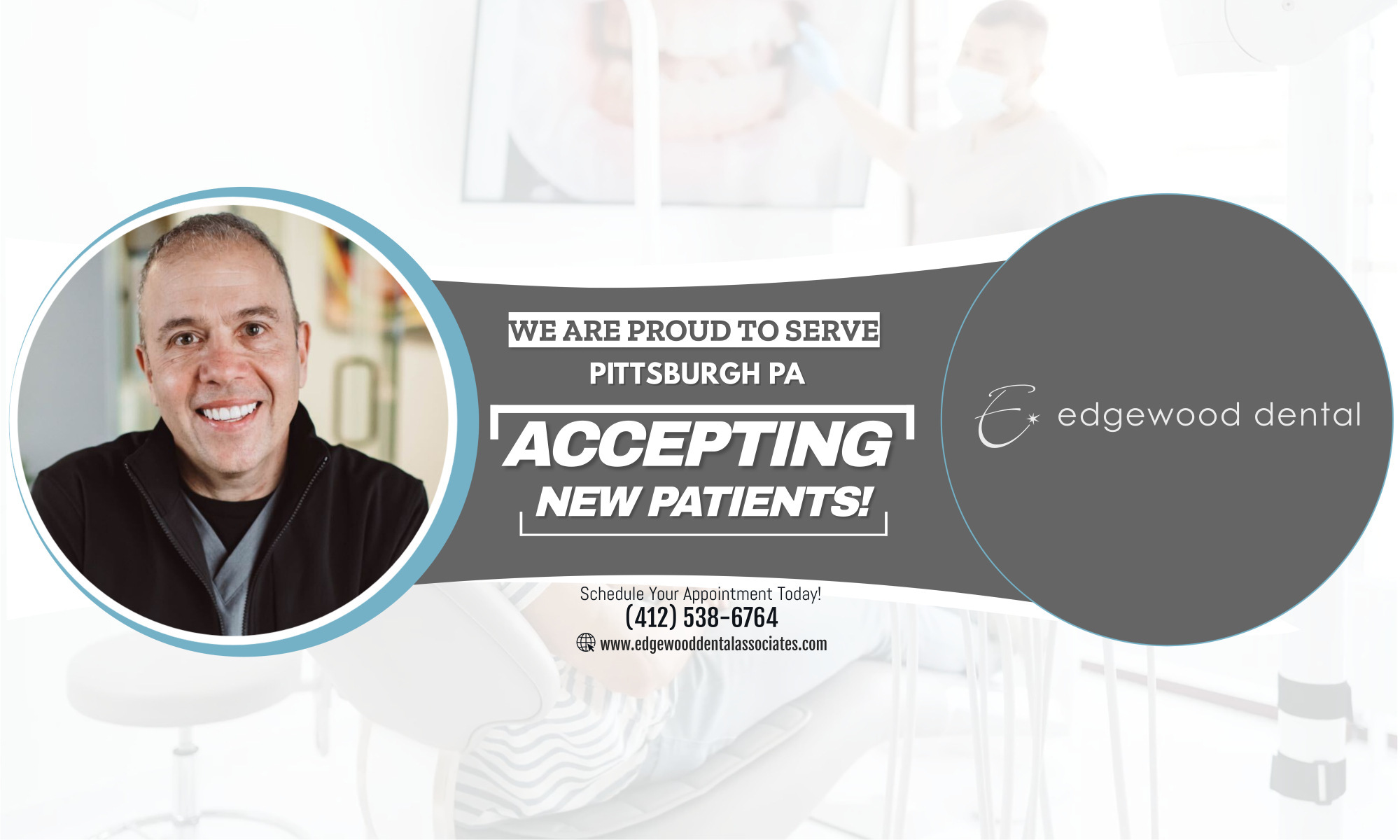Reduced saliva flow that results in a dry mouth is a common problem among older adults.
It is caused by certain medical disorders and is often a side effect of medications such as antihistamines, decongestants, pain killers and diuretics.
Some of the common problems associated with dry mouth include:
– Constant sore throat
– Burning sensation
– Problems speaking
– Difficulty swallowing
– Hoarseness or dry nasal passages
Left untreated, dry mouth can damage your teeth. Without adequate saliva to lubricate your mouth, wash away food, and neutralize the acids produced by plaque, extensive cavities can form.
Your dentist can recommend various methods to restore moisture. For example, sugar-free candy or gum stimulates saliva flow, and moisture can be replaced by using artificial saliva and oral rinses.
Another issue that can affect older adults is a loss of appetite due to a change in your sense of taste. Besides an age-related decrease in the sense of taste and smell, certain diseases, medications and dentures can contribute to a decrease in your sense of taste.
Whether you are suffering from dry mouth or problems with your sense of taste, your dentist will be able to make suggestions to help.
